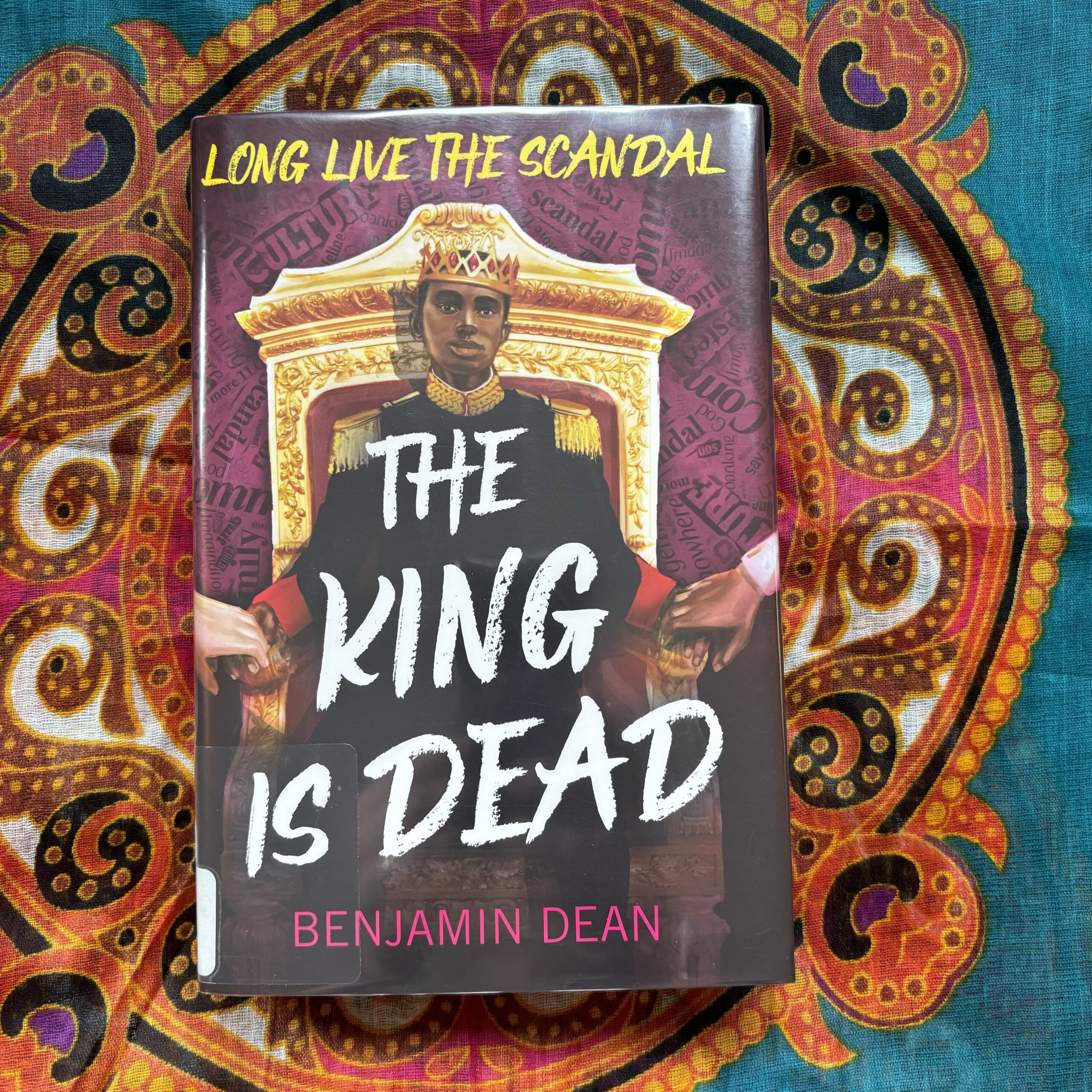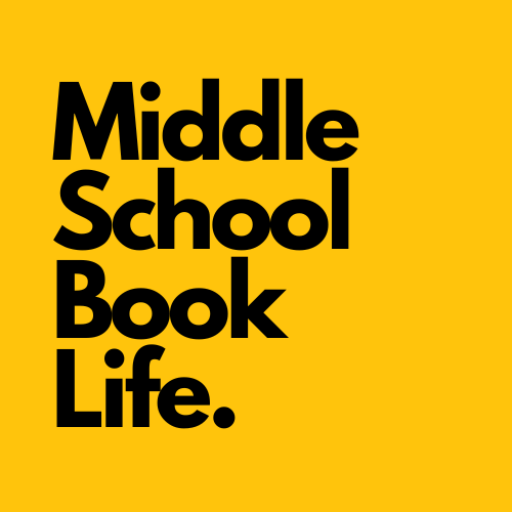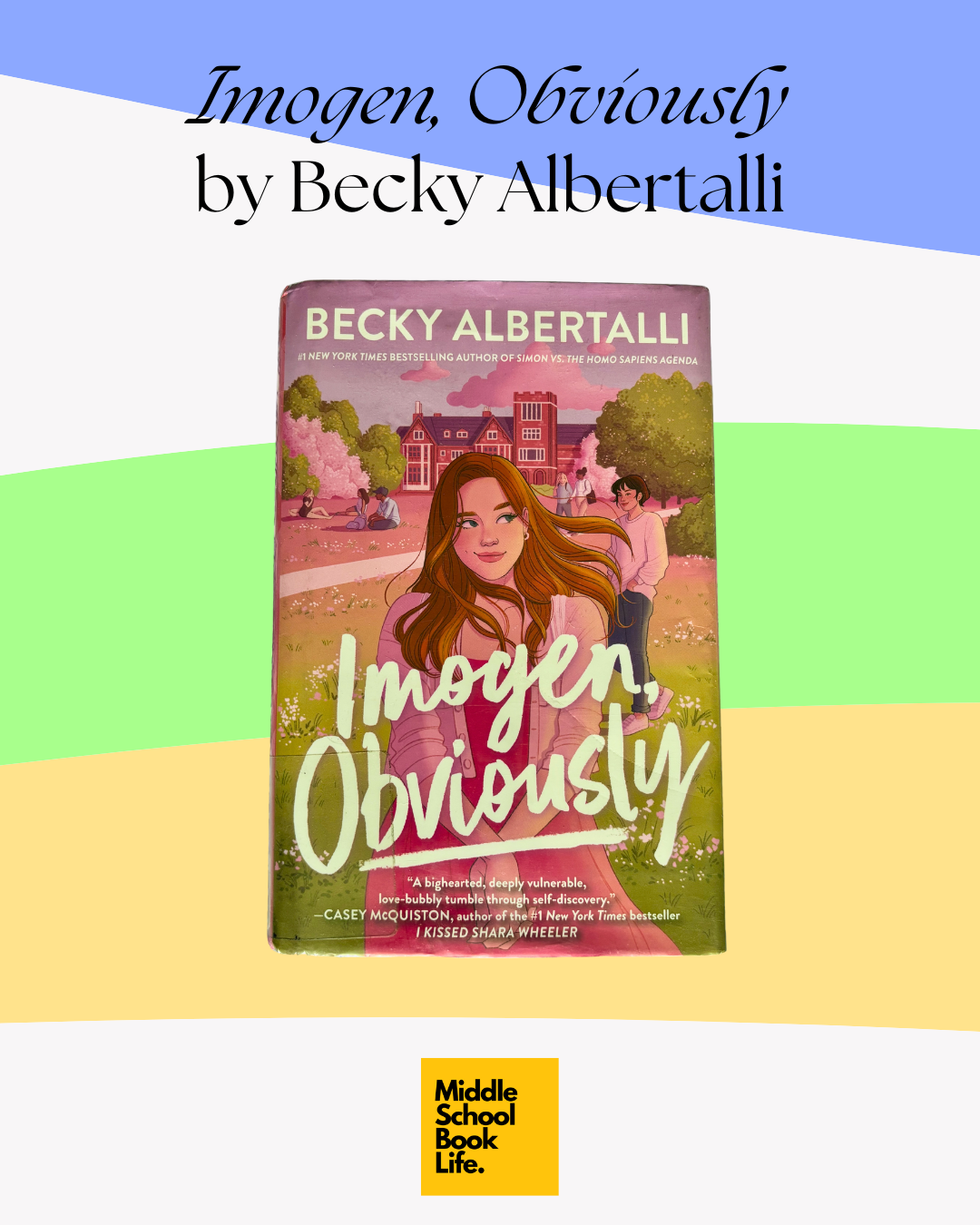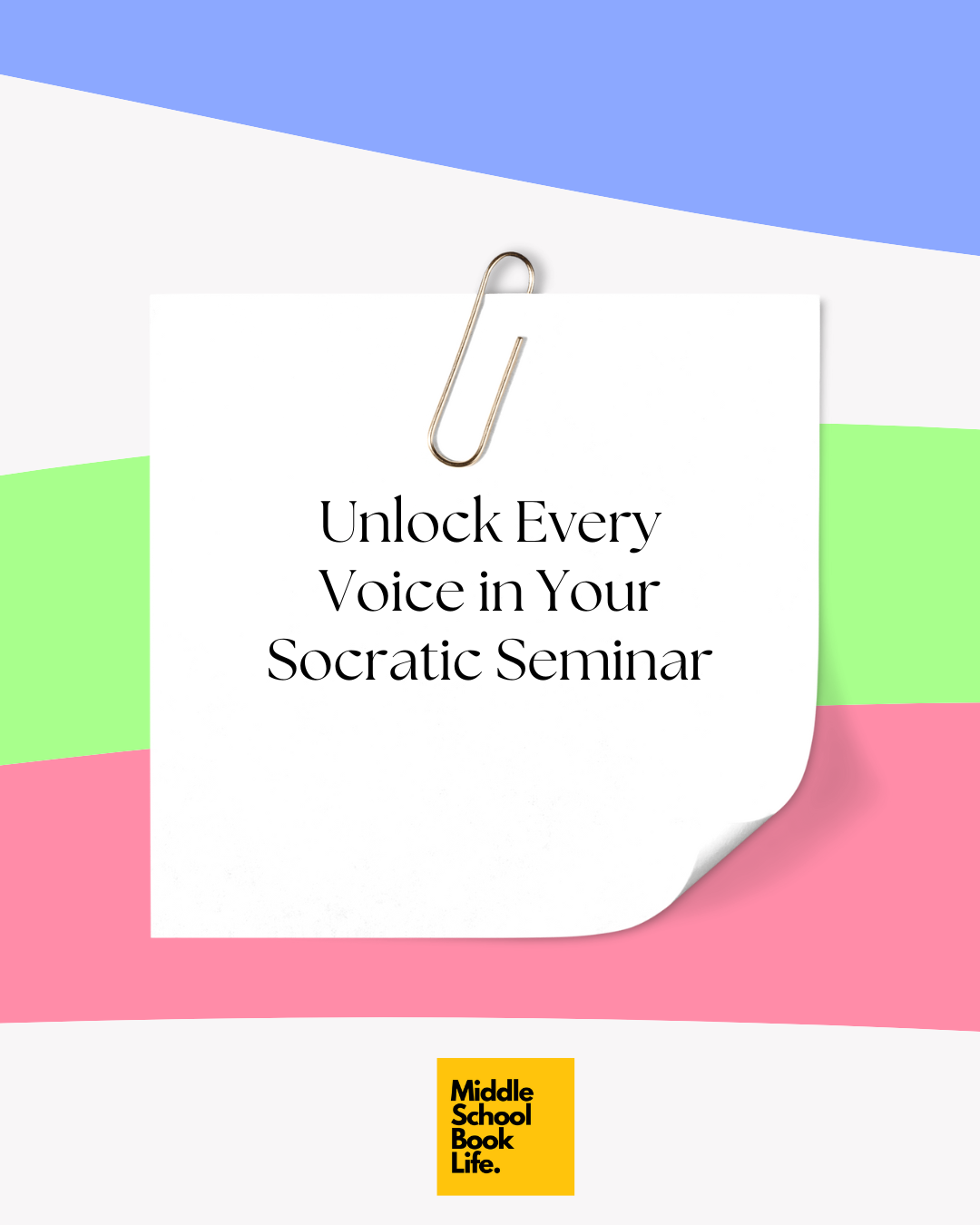Benjamin Dean’s The King is Dead is filled with scandal, intrigue, betrayal—and it’s an excellent addition to your high school classroom library. Read this review and you’ll understand which students to recommend it to, how to teach with it in independent reading, and why it’s actually a stark commentary on social issues (and not a fluff piece on royal life).

Title: The King is Dead
Author: Benjamin Dean
Genre: Realistic fiction
Age range: 13+
Summary: King James has just ascended the throne after the death of his father. As a 17-year-old, he is understandably nervous about leading the British monarchy. And as the first Black, (closeted) gay King, he is terrified of the racism and homophobia he is sure to face. Then, details of his family’s private life start to splash across the tabloids and James must decide who he can trust—and who is trying to implode the monarchy.
Recommend The King Is Dead to students who enjoyed…
- American Royals by Katharine McGee (royal teenagers getting into mischief while growing up with the weight of their country on their shoulders)
- The Crossover by Kwame Alexander (another pair of Black teen twins navigating adolescent hopes and hardships)
How I’d teach it:
This is a great independent reading selection. The scandals, romance, and betrayals will make students keep reading while the stark examination of racism gives them lots to mull over. Analyzing King James through an identity iceberg would be fascinating—the intersectionality of his race (Black), age (17), sexual identity (gay), and social status (um, he’s the King) provides loads to analyze. Here’s an Identity Iceberg worksheet if you need one.
Looking for cross curricular learning? Find out when students are learning about monarchies (probably a systems of government unit) or British history and hype up this book. Though fiction, it’ll give students an insider’s perspective to monarchical life—a nice narrative balance to what’s traditionally an informational unit of study.
My Final Two Cents: You might think that this is a glamorous story of the rich and famous, but it’s really a hard-hitting examination of how marginalized identities are blocked from power.
For another look into the relationship between discrimination and power, invite students to read Rook by William Ritter.
This post includes affiliate links. Any purchases made through them come at no extra cost to you but they do help keep this newsletter free and accessible.


